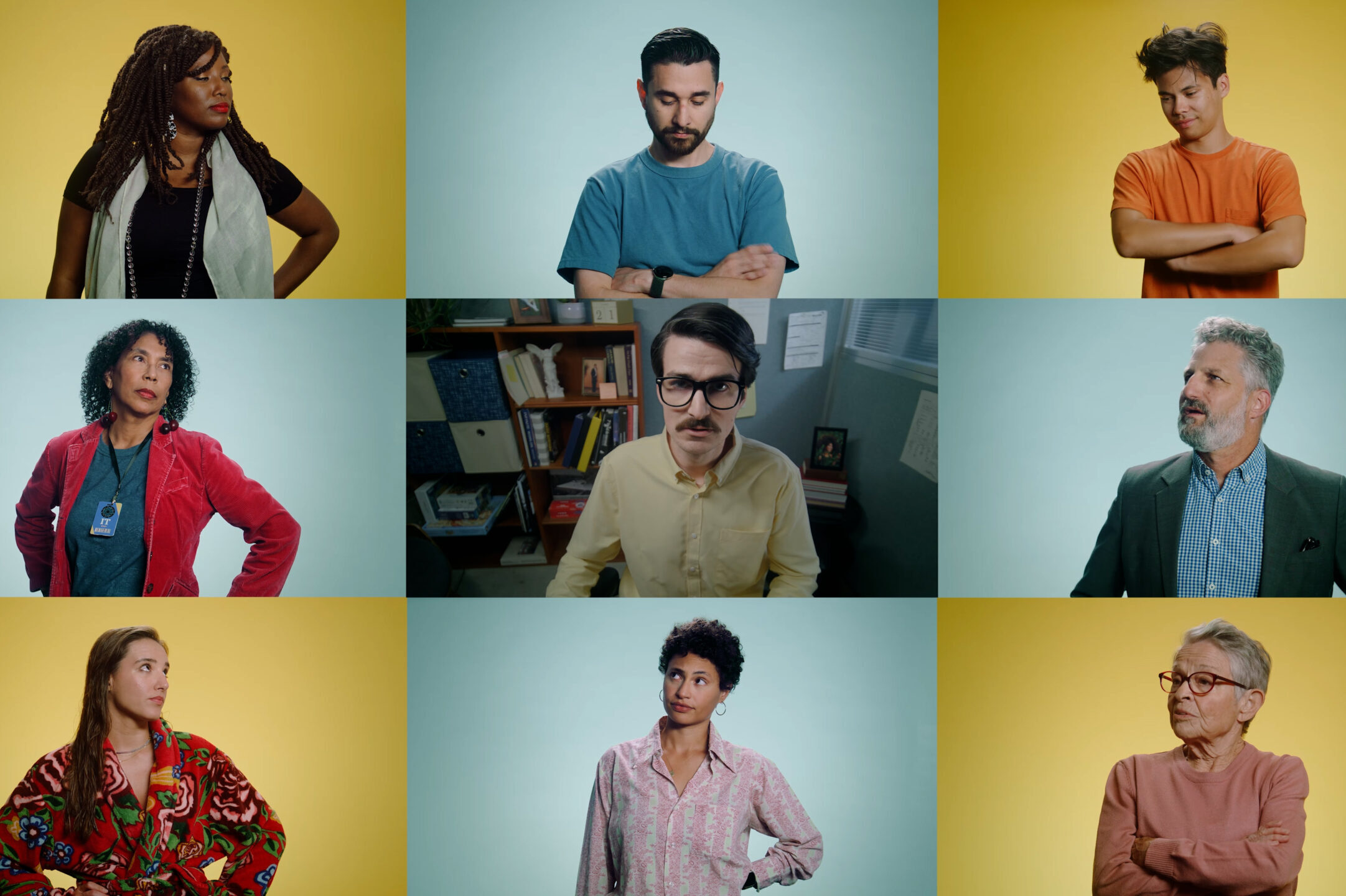As 2017 comes to a close, the Aspen Institute Communications and Society Program invites you to join us as we celebrate and reflect over an exciting year marked by thoughtful, constructive discussions on a range of issues. The following “2017 Year In Review” series offers highlights from the various programs as well as insight into 2018 programming. For more information, please visit our homepage and or follow us on Twitter or Facebook.
For the second year, the Aspen Institute Communications and Society Program convened leaders from across disciplines and ideologies to explore the pressing concerns around the rise of AI technologies. This year, the Roundtable on Artificial Intelligence, sponsored by the (Michael) Ferro Institute, focused on how AI will enhance or restrict human interest in personal autonomy. We asked: what are America’s first principles about AI, and when might restrictions on liberty be warranted?
Thirty leading technologists, industry executives, social scientists, policymakers, public-interest advocates, and others joined in a vigorous debate on the impact of AI technologies. The discussions traversed from the philosophical meaning of autonomy to AI’s practical application and its likely effect on our deepest sense of what it means to be human. As one participant noted, there are three challenges society faces in the wake of AI development: how to evaluate AI innovations in terms of existing criteria; how to determine whether those criteria still apply; and how to guide the trajectory of AI to a future with “meaning and dignity for more humans.”
It is clear that AI offers new capabilities, such as autonomous vehicles to improving healthcare to providing highly customized services through increased efficiencies. But, as participants challenged, to what extent are these conventional ambitions fulfilling our pursuits of “what it means to be happy?” or “what is good?” Examples, such as the criminal justice system and the Houston Federation of Teachers et al. V. Houston Independent School District, highlighted embedded biases in AI and the need for transparency and accountability.
Though opinions varied on whether AI truly enhances or diminishes human beings, the group shared a sense of urgency to not just reflect on these issues but to consider next steps in practice and governance. The conference concluded with several highlights and recommendations on future next steps. The final report, which covers the conversation in detail, will be available in early 2018. Please check back to learn how to receive your copy or visit csreports.aspeninstitute.org.
For additional reading, please see reflections from our two Guest Scholars this year, Dr. J. Nathan Matias a post-doc at Princeton University and MIT Media Lab alum; as well as, Joy Buolamwini, a Ph.D. student at MIT Media Lab and founder of the Algorithmic Justice League.

